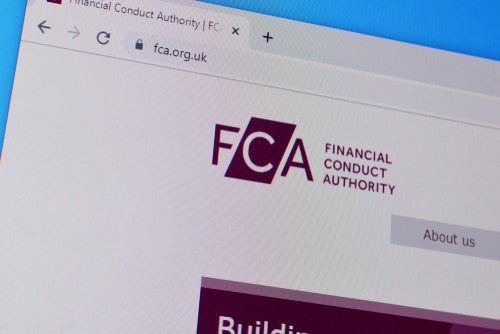The requirement to provide additional security by way of a bond or guarantee is a common feature of asset finance transactions. It is essential to know when that security can be called upon, says David McKie. In practice this is not always easy to determine because of the terminology in commercial use. A document described as a "performance bond" may be intended to be what English law would term a guarantee; one described as a "payment guarantee" might be intended to be an on demand bond.
The obligations of an issuer under a demand bond are primary obligations and very different from the secondary obligations under a pure guarantee.
Under an on demand bond the issuer promises to pay the beneficiary against a written demand (either with or without accompanying documents) as the only condition of payment. The issuer is obliged to pay unless there is fraud. Conversely under a guarantee the issuer’s liability is dependent on the debtor’s liability to the beneficiary first having been established and the debtor not having paid. A bank cannot safely pay out under a guarantee if there is any dispute as to the existence of the obligation guaranteed. Moreover, any change in the underlying contract between the beneficiary and the debtor can vitiate the guarantee thereby discharging the issuer from liability.
The recent decision of the English Commercial Court case of Wuhan Guoyo Logistics Group Co Ltd v Emporiki Bank of Greece SA (2012) (EWHC 1715 (Comm)) highlights the problems with use of commercial terminology and the importance of ensuring that instruments are drafted clearly and consistently.
The buyer’s financing bank (Emporiki) provided the sellers (Wuhan) with what was described as a "guarantee" in respect of the second instalment of the purchase price under a shipbuilding contract. The buyer failed to pay that instalment.
Wuhan claimed under the guarantee arguing that it was an on demand bond. The bank denied the claim, arguing that the document was a guarantee and the buyer’s liability to make the instalment payment was in dispute.
How well do you really know your competitors?
Access the most comprehensive Company Profiles on the market, powered by GlobalData. Save hours of research. Gain competitive edge.

Thank you!
Your download email will arrive shortly
Not ready to buy yet? Download a free sample
We are confident about the unique quality of our Company Profiles. However, we want you to make the most beneficial decision for your business, so we offer a free sample that you can download by submitting the below form
By GlobalDataThe court decided that the document was in law a guarantee and not an on demand bond. The document was continuously referred to as a "guarantee"; it included a non-waiver clause which would be unnecessary if the document was intended to be a bond.
Inclusion of the words "irrevocably, absolutely and unconditionally as primary obligor and not merely as surety" just begged the question of what the bank was obliged to do, which was to guarantee the payment of the second instalment. If Wuhan had wanted the additional protection of a demand bond the court would have expected the instrument to have used appropriate and terser language to make this intention clear.
The outcome may seem surprising to some. However the courts look at contracts as a whole in their commercial context and they have to pay attention to the language used. Those involved in asset finance arrangements may therefore wish to consider reviewing their existing contracts and revising their standard form documents in light of this important decision.
David McKie is a partner at Norton Rose




